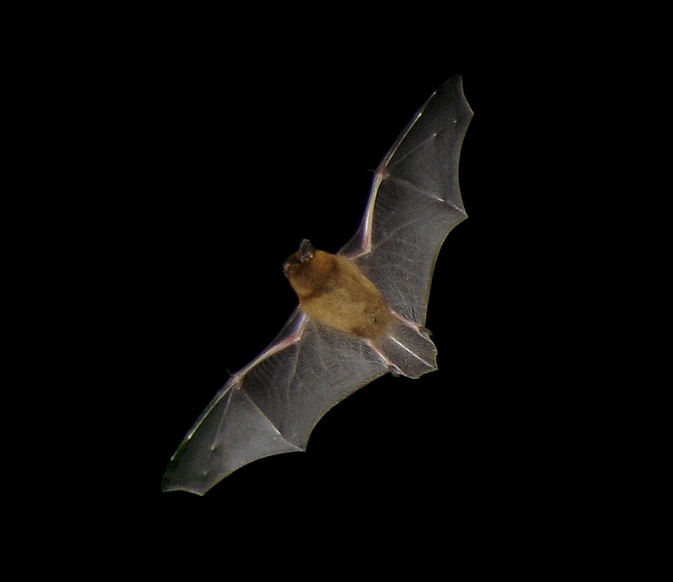Teeling Group
Mammalian phylogenetics and comparative genomics
Creating vital biodiversity genomics resources

A key foundation of our research is the genetic data we are helping to gather as part of the Bat1K genome consortium, where we aim to sample and sequence the genomes of every species in the order Chiroptera.
Bat1K is collaborating with, and complementary to, other ambitious biodiversity genomics projects, such as Darwin Tree of Life and Biodiversity Genomics Europe, and ultimately affiliated with the global Earth BioGenome Project network, which aims to generate genomes for all eukaryotic species on the planet.
Our group also serves as a point of contact for international collaboration. With a base in University College Dublin and the Wellcome Sanger Institute, we facilitate scientific exchange across the Irish Sea. This is particularly relevant for the Darwin Tree of Life project, which aims to produce high-quality reference genomes for every species of animal, plant, fungi and protist in Britain and Ireland.
Why are bat genomes so important?

Bats are the second most species-rich order of mammals after rodents. They have adapted to live everywhere except extreme polar regions, across countless habitats and ecological niches.
Our research looks for the genetic signatures of survival that enable species to adapt to an ever-changing environment. In doing so, we hope to better understand the molecular basis of mammalian adaptations, and to understand and therefore conserve natural populations to promote the well-being and proper-functioning of ecosystems.
Bats also have a very unique biology which, among other things, may help inform medicine. They age much more slowly than expected and don’t show the same level of cancers as you’d expect given their metabolic rate. They can also tolerate a lot of different viruses without getting sick. We can learn more about all of this via their genomes.
Bats can also teach us a lot about evolution. Most obviously, they are the only group of mammals which have evolved powered flight. But perhaps even more impressive is their echolocation, which is an entirely different way of perceiving their environment compared to other mammals. And the interesting thing about studying this across the phylogenetic tree is that some bats don’t use laryngeal echolocation at all. But these aren’t older ancestral species, they derive from other echolocating bats. For example, the big Old World fruit bats don’t use echolocation, but are most closely related to horseshoe bats which have some of the most sophisticated echolocation of any bat.
What we see evolving is a trade off between sight and hearing. We can study the evolution of sensory perception in mammals, which is really important because that’s how organisms find a mate or find food or avoid predators.
Collaboration across many areas of research

We are also keen to develop ever-better methods for sampling and extracting DNA from sensitive species such as bats. Currently we rely a huge amount on a network of wonderful rehabbers, who take in bats that need caring for and unfortunately need to put many down. In the longer term, we hope to develop methods to catch bats and take a non-lethal sample, utilising Sanger’s capacity for wet lab science to find ways of sequencing genomes from much smaller amounts of DNA.
There is so much we can learn from bat genomes. The Wellcome Sanger Institute is a place where we can collaborate with scientists working in all sorts of research areas, from the evolutionary genetics in the Tree of Life Programme to questions of human health in the Cancer, Ageing and Somatic Mutation Programme.
